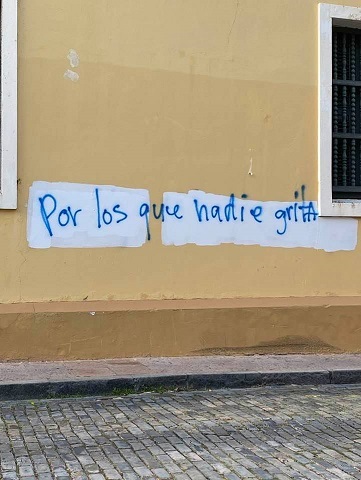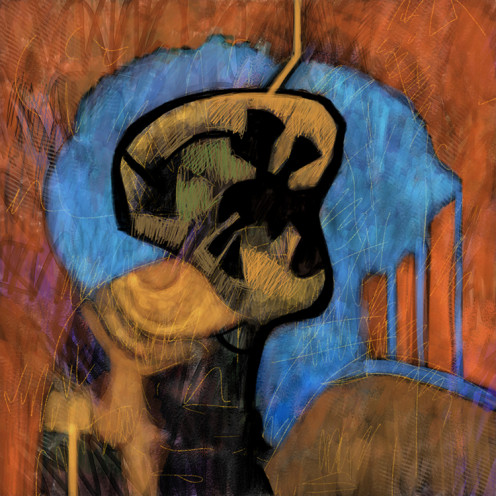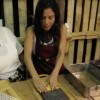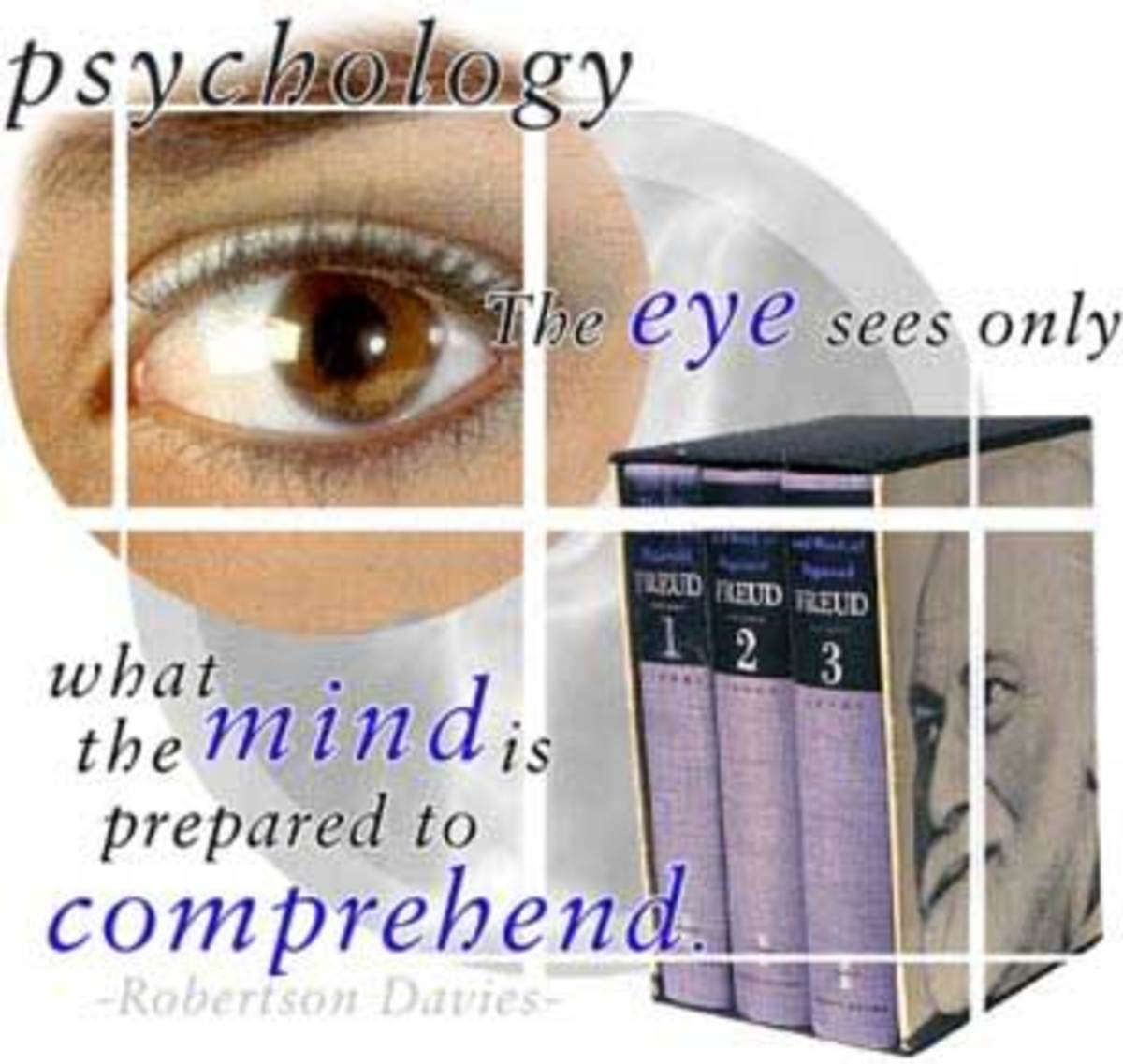That Shape I Am
That shape I am
“I went one evening into a dressing-room in the twilight
to procure some article that was there;
when suddenly there fell upon me without warning,
just as if it came out of the darkness,
a horrible fear of my own existence.”
The Story of Psychology
As members of society, we continuously shape our part in it. From studying Psychology to protesting on a global scale, societal participation jumps from ear to ear, from eye to eye ... communicating how each one defines it. "That shape I am."
In the minds of many
The word participation comes from the Latin participare, meaning to divide (partis) and take (pere). The combination of both meanings leads us to the idea that participating is taking part in or receiving part of something:
"As student-led agitations spread around the country, demands include a decolonized curriculum, reductions in the prohibitive cost of higher education, better pay for working-class university staff, increased racial diversity among faculty, and safety from sexual and gender-based violence on campuses."
In the minds of many, participating - however it takes its shape - is to think … act, react:
“Action: I won.
Reaction: You can't ever take that away from me.”
A movement, a speech and a claim
The most recognized notion of participation is the one understood as being physically present. For instance, who goes to a march, participates or takes part in that action. That person is not the march but is part of the march. Also, the march is part of something else: a claim, a speech, a movement:
"When movements maintain mass and velocity, they maintain momentum."
Even within a march there are different ways of participating, none being more important than the other. Some people perform "organizing" work. Others create signs. Some disguise themselves to carry a distinctive, reinforcing message.

Transform our spaces
Yet, in our society - where information and communication are crucial - to participate is not enough to move our bodies. We must also move our minds. We must generate ideas (knowledge) that transform our spaces:
"training in a time when climate change has been called the “biggest global health threat of the 21st century,” we must learn about the environment’s impact on health. It is critical that our education reflects the reality we encounter every day."

© 2020 Aydasara Ortega Torres






